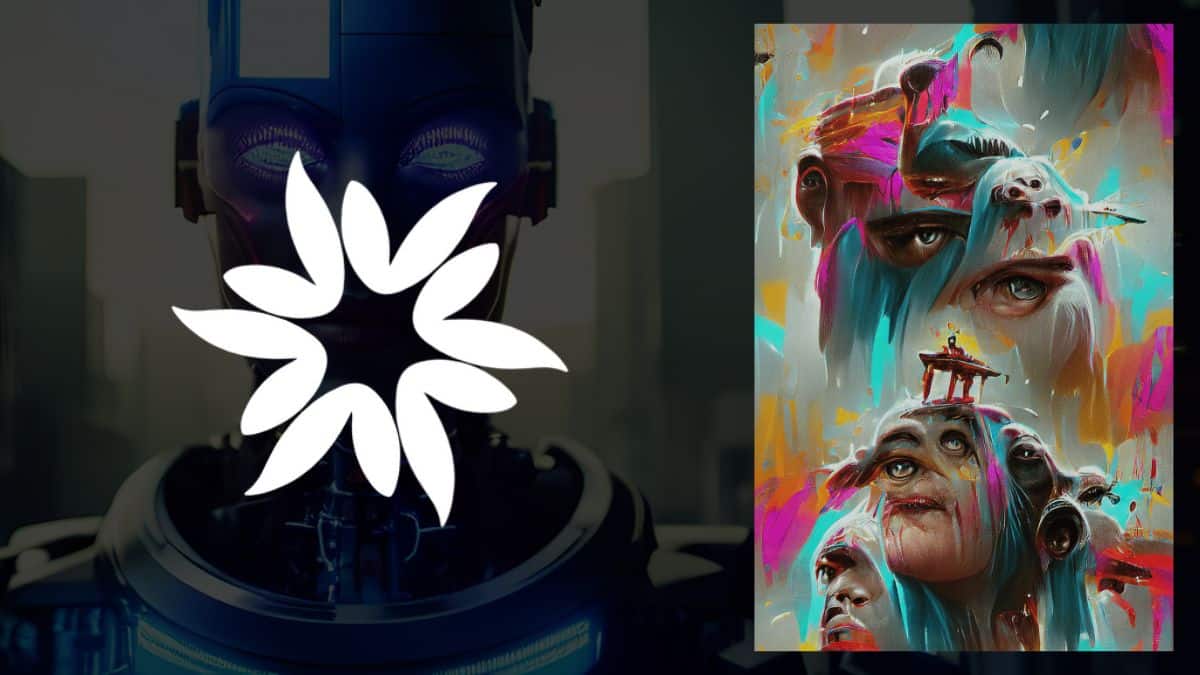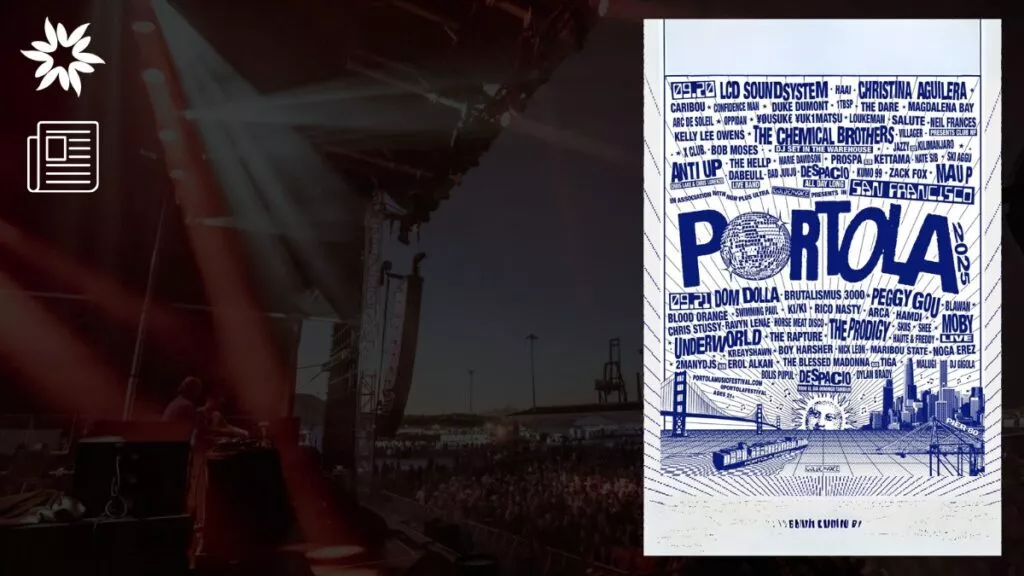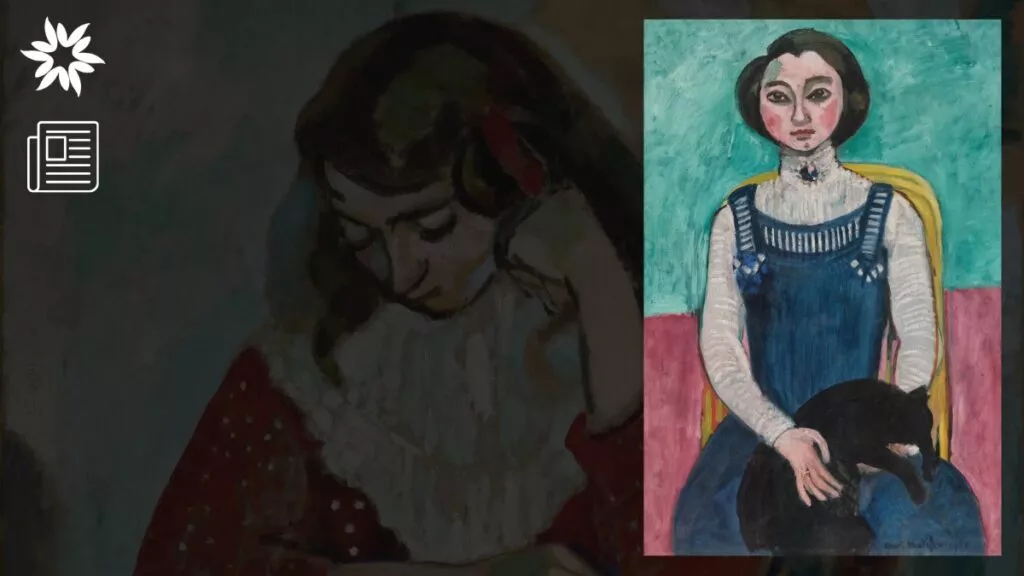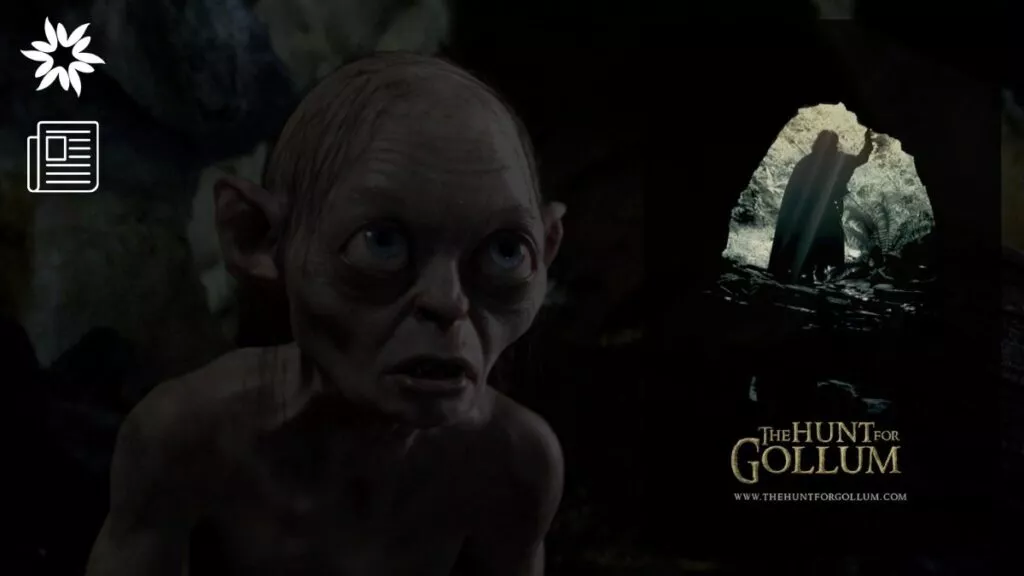Harvard artists and professors advocate for an open approach to AI, seeing it as an extension of the artistic toolkit rather than a threat.
Key Takeaways
- Harvard professors and students discuss AI's potential as a collaborator in the arts scene, highlighting the importance of openness to technological innovation.
- The authenticity and originality of AI-generated art raise philosophical questions about creativity, intentionality, and the artist's role.
- The integration of AI in art creation challenges traditional notions of artistic expression and prompts a reevaluation of what constitutes "real" art.
AI: A New Creative Collaborator for Artists
Harvard arts professors view AI as a potential collaborator, emphasizing the importance of embracing technology to uncover new creative possibilities.
The evolution of artistic tools, from pencils to digital platforms and now Artificial Intelligence, represents a continuous expansion of the mediums available to artists.
AI as a Collaborative Tool in Animation
Ruth Stella Lingford, a senior lecturer on Art, Film, and Visual Studies, discusses AI’s dual role as a threat and collaborator in the animation industry.
While acknowledging AI’s capability to mimic her artistic style, she values the intuitive process of hand drawing for its depth and nuance.
Lingford sees AI as a “collective unconscious,” offering intriguing possibilities for combining human creativity with AI’s vast data processing.
The Material Intelligence of AI
Matt Saunders, a mixed-media artist and professor, views AI as a “new material intelligence provider.”
He believes AI’s agency challenges artists to explore new collaborations and rethink their habits and assumptions.
Saunders highlights the ongoing dialogue between artists and AI, suggesting that such technological advancements enrich the creative process.
AI’s Role in Architecture and Urban Planning
Moshe Safdie, an architect and urban planner, reflects on AI’s capabilities and limitations in architecture.
Despite AI’s analytical prowess, he suggests that it has yet to replicate the nuanced decision-making of human architects.
Safdie remains cautiously optimistic about AI’s future contributions to the field.
The Ethical and Philosophical Implications of AI-Generated Art
Discussions around AI-generated art often raise ethical and philosophical questions regarding authenticity, authorship, and the impact on human labor.
The proliferation of AI-generated images challenges traditional notions of creativity, prompting a reevaluation of the artist’s role in this technological age.
Redefining ‘The Artist’ in the Age of AI
The question of whether machines can truly create art or express themselves without consciousness is central to the debate.
As technology redefines art, questions about the real artist behind AI-generated works—whether it’s the programmers or the AI itself—become increasingly relevant.
The Future of AI Art and Its Place in Society
As AI image generation technology continues to evolve, the integration of AI in social media and communication is likely.
The ongoing debate about AI art’s legitimacy highlights the fluid nature of artistic expression and the need for critical discussions around technology’s impact on creativity.
AI and the Artistic Community: A Path Forward
The artistic community is divided on the implications of AI for creativity. While some fear the loss of originality and the commodification of creative expression, others embrace AI as a vast and exciting toolkit for innovation.
With AI becoming more entrenched in creative processes, balancing technological advancement with ethical considerations and preserving human creativity is challenging.
Gathering Different Perspectives Around AI Art
The intersection of AI and art at Harvard and beyond is a microcosm of the broader conversations in the art world.
As we navigate this new frontier, the perspectives of artists, educators, and technologists will be crucial in shaping the future of creativity in the digital age. Only then will we be able to determine AI’s actual role in the creative process.








